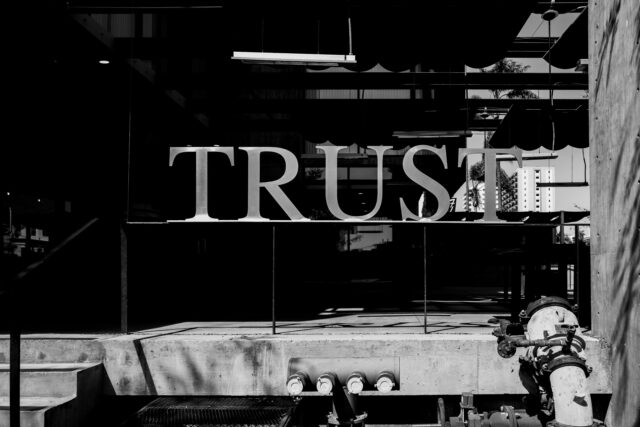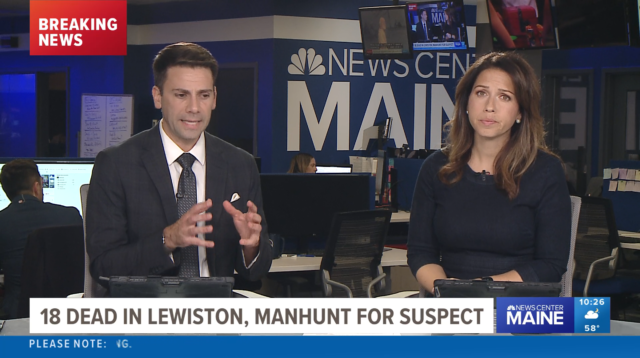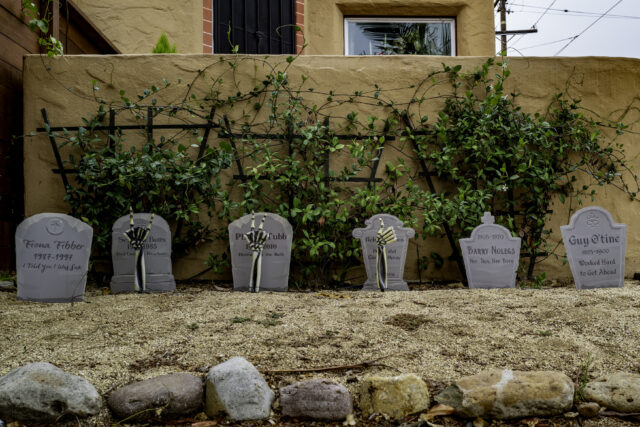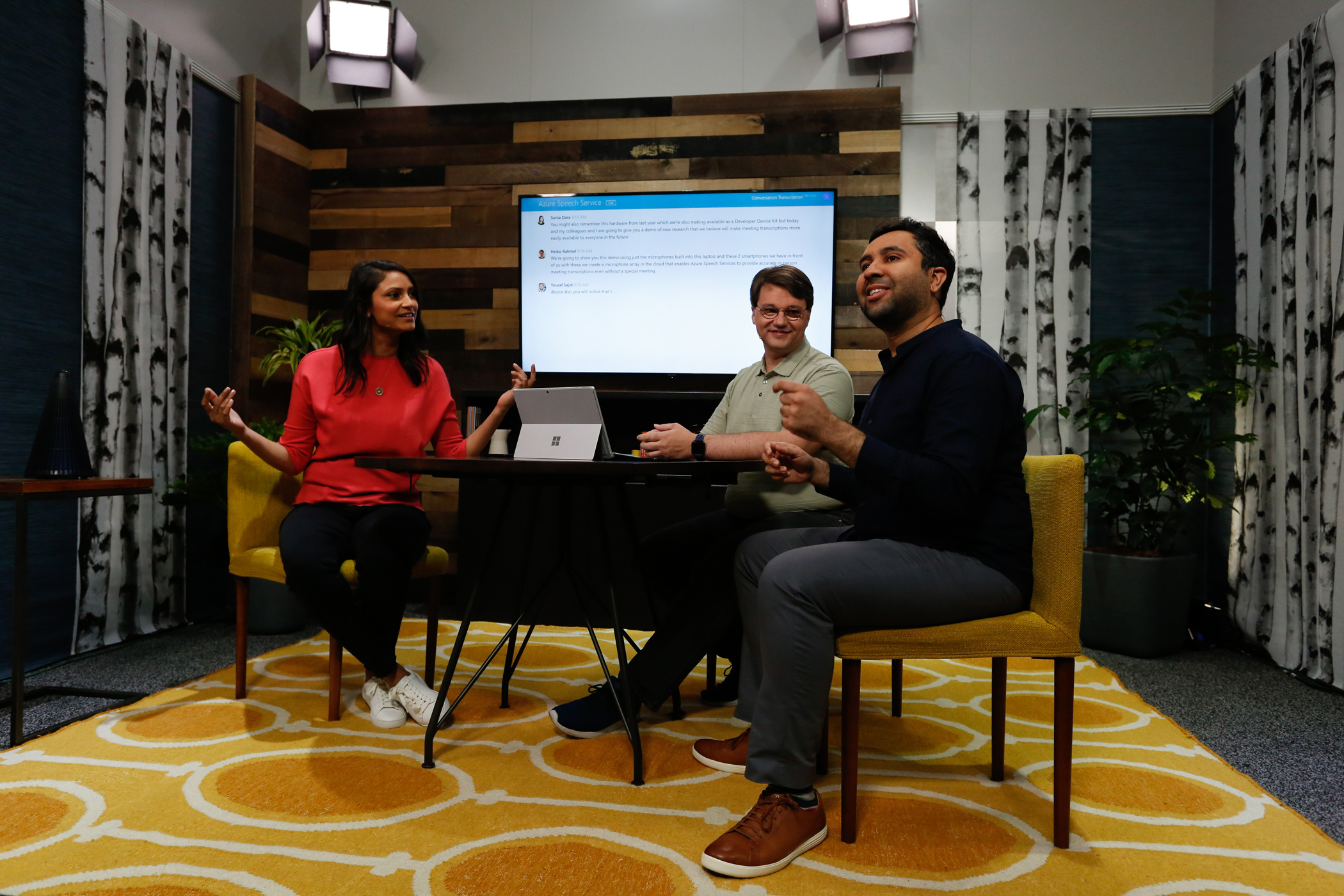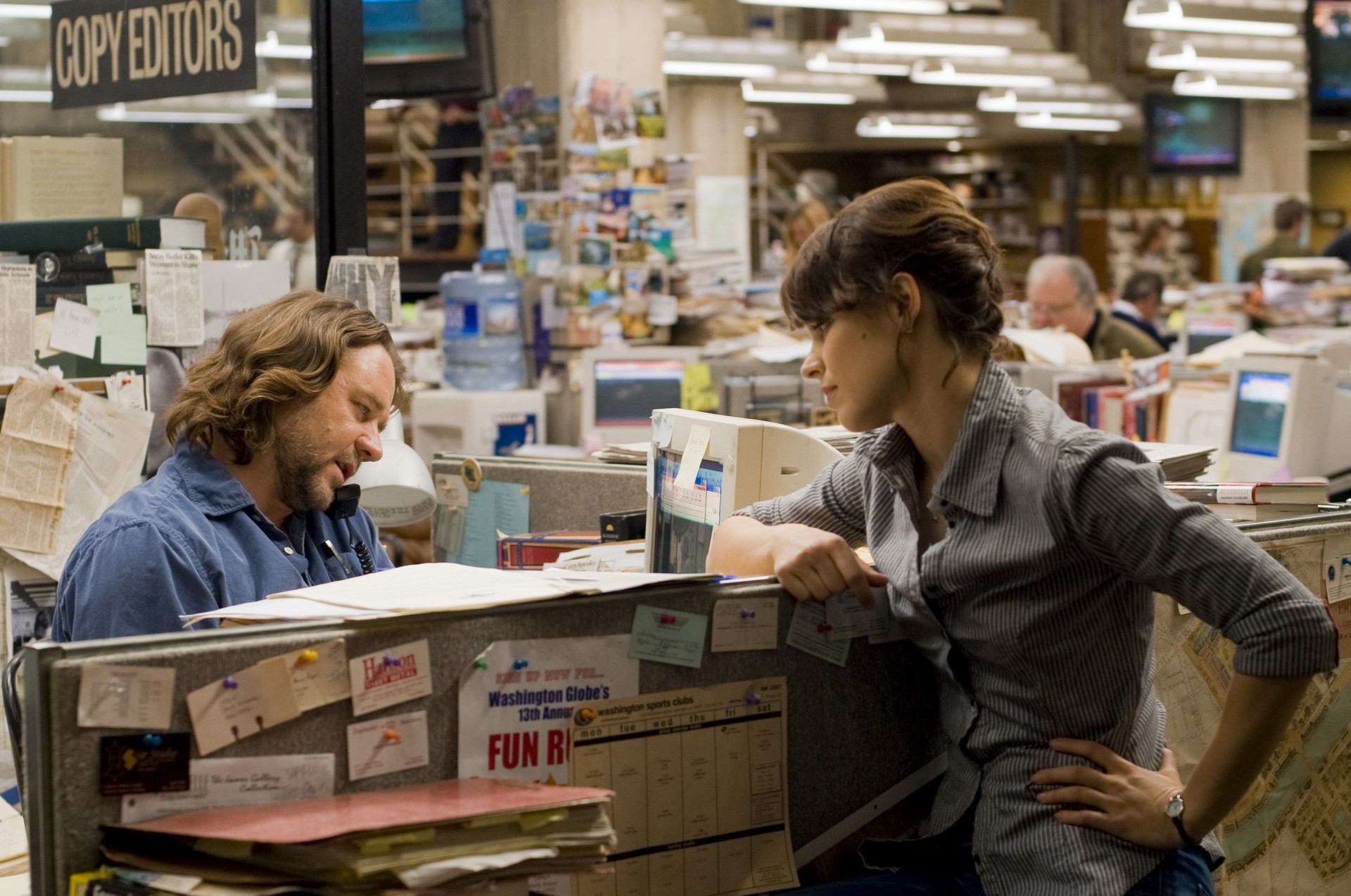The answer related to the Featured Image is easy: No one. I am a fact-oriented journalist, who trusts nobody—nor should you in this era of mass misinformation. With perhaps the exception of Matt Taibbi, there isn’t a soul among my profession whose news reporting I would accept as factual—that is without some independent verification of my own.
We live at a time when commentary and editorialization—narratives, if you prefer—supplant real reporting. Everyone is an armchair analyst with an opinion, and not enough emphasis is placed on gathering facts and assembling them into a meaningful story that unfolds some current event or reveals something legitimately in the public interest.
